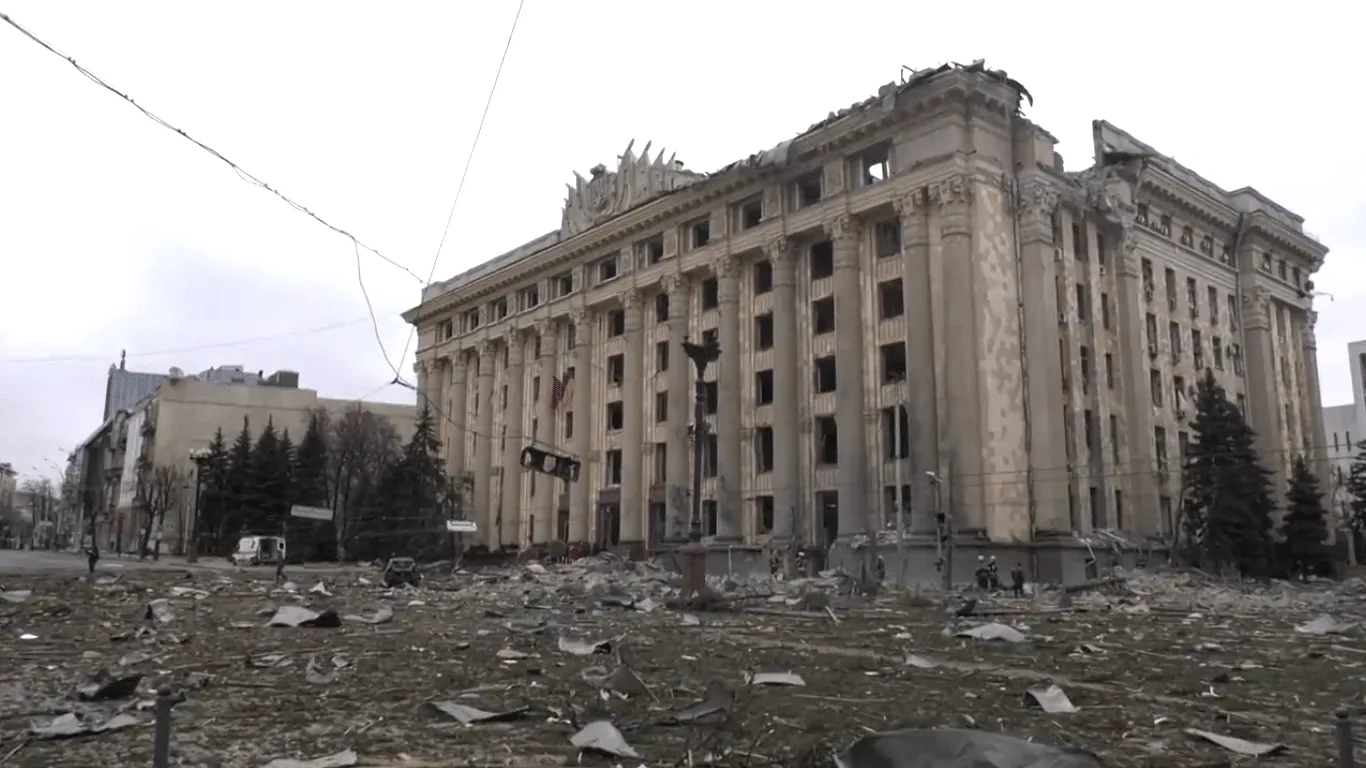Meckenheim: Martin Kopf needs natural gas to run his family’s company, Zinkpower GmbH, which rustproofs steel components in western Germany.
Zinkpower’s facility outside Bonn uses gas to keep 600 tons of zinc worth 2.5 million euros (USD 2.5 million) in a molten state every day.
The metal will harden otherwise, wrecking the tank where steel parts are dipped before they end up in car suspensions, buildings, solar panels and wind turbines.
Six months after Russia invaded Ukraine, the consequences are posing a devastating threat to the global economy, including companies like Zinkpower, which employs 2,800 people.
Gas is not only much more costly, it might not be available at all if Russia completely cuts off supplies to Europe to avenge Western sanctions, or if utilities can’t store enough for winter.
Germany may have to impose gas rationing that could cripple industries from steelmaking to pharmaceuticals to commercial laundries.
“If they say, we’re cutting you off, all my equipment will be destroyed,” said Kopf, who’ also chairs Germany’s association of zinc galvanizing firms.
Governments, businesses and families worldwide are feeling the war’s economic effects just two years after the coronavirus pandemic ravaged global trade. Inflation is soaring, and rocketing energy costs have raised the prospect of a cold, dark winter. Europe stands at the brink of recession.
High food prices and shortages, worsened by the cutoff of fertilizer and grain shipments from Ukraine and Russia that are slowly resuming, could produce widespread hunger and unrest in the developing world.
Outside Uganda’s capital of Kampala, Rachel Gamisha said Russia’s war in faraway Ukraine has hurt her grocery business. She has felt it in surging prices for necessities like gasoline, selling for USD 6.90 a gallon. Something that’s 2,000 shillings (about USD 16.70) this week may cost 3,000 shillings (USD 25) next week.
You have to limit yourself,” she said. You have to buy a few things that move fast.”
Gamisha has noticed something else, too a phenomenon called shrinkflation”: A price may not change, but a doughnut that used to weigh 45 grams may now be only 35 grams. Bread that weighed 1 kilogram is now 850 grams.
Russia’s war led the International Monetary Fund last month to downgrade its outlook for the global economy for the fourth time in under a year. The lending agency expects 3.2 per cent growth this year, down from the 4.9 per cent it forecast in July 2021 and well below a vigorous 6.1 per cent last year. The world may soon be teetering on the edge of a global recession, only two years after the last one,” Pierre-Olivier Gourinchas, the IMF’s chief economist, said.
The UN Development Program said rising food and energy prices threw 71 million people worldwide into poverty in the first three months of the war. Countries in the Balkans and sub-Saharan Africa were hit hardest.
Up to 181 million people in 41 countries could suffer a hunger crisis this year, the UN Food and Agriculture Organisation has projected.
In Bangkok, rising costs for pork, vegetables and oil have forced Warunee Deejai, a street-food vendor, to raise prices, cut staff and work longer hours.
I don’t know how long I can keep my lunch price affordable,” she said. Coming out from COVID lockdowns and having to face this is tough. Worse is, I don’t see the end of it.”
Even before Russian President Vladimir Putin ordered the invasion of Ukraine, the global economy was under pressure.
Inflation had skyrocketed as a stronger-than-expected recovery from the pandemic recession overwhelmed factories, ports and freight yards, causing delays, shortages and higher prices. In response, central banks began raising interest rates to try to cool economic growth and tame spiking prices.
We’ve all got all these different things going on,” said Robin Brooks, chief economist at the International Institute of Finance. The volatility of inflation went up. The volatility of growth went up. And therefore, it’s become infinitely harder for central banks to steer the ship.” (AP)






